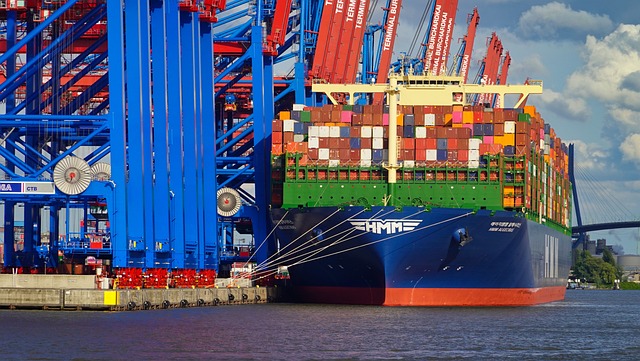
- UNCTAD urges resilience, sustainable global supply chains to address climate change, geopolitical tensions
- Need to decarbonize global shipping has become critical
- Small island developing states require digital solutions, strategic investments to boost resilience
More than 1,000 participants from around the globe attended the first United Nations Global Supply Chain Forum held in Barbados last week.
The forum was hosted by the UN Trade and Development (UNCTAD) and was intended to address growing disruptions in global supply chains.
During the forum, UNCTAD urged resilience, and the need for sustainable global supply chains to address climate change, and geopolitical tensions. It also cited the need to decarbonize global shipping, which the UN body said has become critical.
Inaugurating the forum were UN deputy secretary general Amina Mohammed, Barbados prime minister Mia Amor Mottley, and UNCTAD secretary general Rebeca Grynspan.
With global disruptions forcing ships to spend more time at sea, thereby emitting higher levels of greenhouse gases, the growing uncertainty of the interconnected world was pointed out. Grynspan cited the need to make global production and distribution networks more inclusive, sustainable, and resilient.
During the forum, UNCTAD provided critical analysis on the compounded effects of climate change, geopolitical tensions, and the COVID-19 pandemic on global supply chains.
It was providential that the forum was held in Barbados, which served as an example for other small island developing states (SIDS) in implementing sustainable practices. More than the larger nations, SIDS require digital solutions, strategic investments to boost resilience.
The forum determined that SIDS face heightened risks from climate change impacts on transport infrastructure, placing the transport and logistics sector at the forefront of their development priorities.
The event likewise highlighted the complexities and opportunities in decarbonizing global shipping, focusing on developing countries with renewable energy resources. Ports are central to the transformation.
Launched during the Barbados event was the “Manifesto for Intermodal, Low-Carbon, Efficient and Resilient Freight Transport and Logistics” which emphasizes the need to transform freight transport to meet global climate change targets.
The forum also saw the launch of the UNCTAD Trade-and-Transport Dataset which was developed with the World Bank.
The global repository is the first of its kind and covers all countries and trading partners, with data on more than 100 commodities and various transport modes.
UNCTAD also held it first Supply Chain Innovation Challenge, intended to inspire innovative solutions for making global supply chains greener, more efficient, and resilient.
During the forum, UNCTAD and the China Council for the Promotion of International Trade signed a Memorandum of Understanding to widen their existing collaboration.
The second forum will be hosted by the Kingdom of Saudi Arabia in 2026.
READ: Disruptions in global shipping signal unprecedented challenges to world trade-UNCTAD








